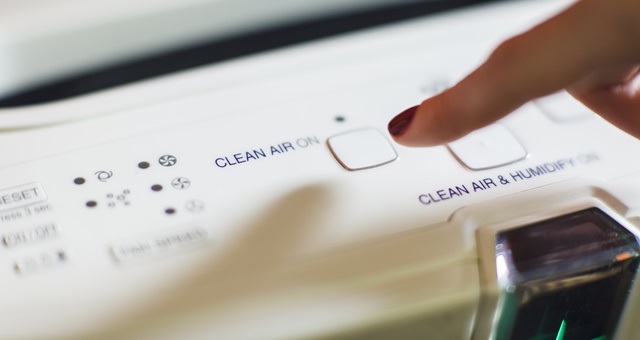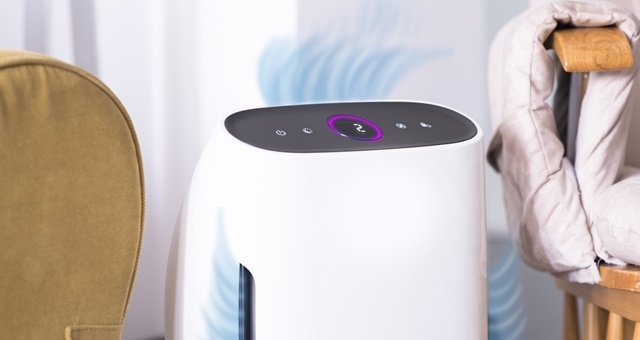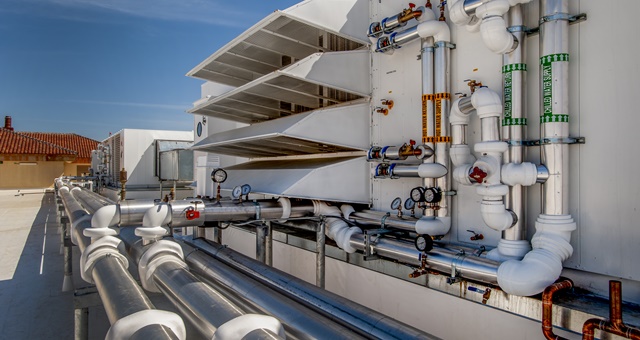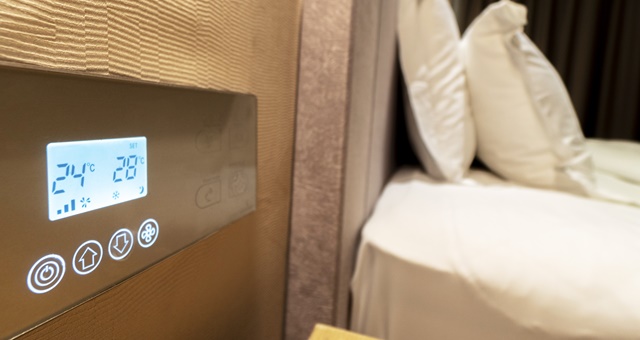Mainstream media was rightly lampooned for labelling Australia’s quarantine hotels as “prisons” based on a few social posts about the standard of living, including air quality. What wasn’t reported was that these hotel HVAC systems are in fact better than what most of those complaining would have at home.
As we all know, dozens of hotels across Australia have seen their normal operations pivot in recent months, taken over by the Federal Government and put to use as quarantine centres as part of measures to fight the spread of COVID-19. The move saw thousands of Aussies returning from all corners of the world accommodated for the virus’ two-week incubation period – a move which played a major role in ‘flattening the curve’ and preventing a mass outbreak.

Depending on where they were placed, some guests have had access to balconies and the fresh air that comes with that. But for others, however luxurious their new surroundings were, the fortnight saw them confined to quarters largely taking in what emerged from their room’s air conditioning units. Perhaps unbeknownst to them, the standard of technology in place across hotel HVAC systems these days meant this air was just as good as the fresh air they would have had outside.
Hotels have continued to invest heavily in the development of these systems, with one advancement now making its way into Australian systems being bipolar ion technology. This system works by continuously disinfecting and decontaminating air sourced in from outside as it is delivered into rooms.
Makers of this technology say it is capable of neutralising viruses in the air, including COVID-19. According to a 2017 white paper from virologist Dr John Oxford and Dr Philip Tierno from New York University School of Medicine, the technology works by producing bipolar ions which attach themselves to airborne viruses, odours and pollutants, rendering them inactive. The bipolar ions intercept infected particles, causing them to agglomerate and fall out of the air, actively reducing microorganisms that collect on surfaces including bacteria, fungi, mould, spores and airborne viruses including coronavirus. And as long as air is flowing to that space through properly maintained systems, these ions will continue to saturate their space and keep the air sanitised.

One such company investing significant sums in the development of air purification technology is Dyson, which supplies this technology to many different hotel clients in Australia and New Zealand. It’s core product in this field is the Dyson Pure Hot+Cool purifying fan heater, which has a HEPA filter capable of capturing 99.95% of particle pollution down to 0.1 microns, or one-tenth the width of a human hair. In addition, activated Tris-coated carbon filters remove gases including NO2, formaldehyde and benzene and projects 290 litres of purified air per second to every corner of the room.
Dyson’s Global Category Director of Environmental Care, Charlie Park, says a good purifying fan should be able to sense the needs of a room in order to capture, project, heat and cool those in it.
“We insist on developing technology that works properly, without compromise on any functions. Our latest machine goes beyond standard tests. It heats and cools you while always purifying the whole room.”
According to Airepure, hotel buildings more than five years old should certainly consider, if they haven’t done so already, a full review of its HVAC systems and look to upgrade from ‘time based’ systems to newer models which factor in changes in weather, temperature and sun aspect.
Over time, the company says, these can pay for themselves through significant improvements in guest satisfaction. It is possible to continue developing robust maintenance programs so that a low total cost for the building can be more economical over a longer period than simply selecting the cheapest maintenance contract when works are due.

“If maintenance is skimped on, the downstream impact on both IAQ and precious plant equipment can be massive – far higher than what was saved on a ‘cheap’ maintenance program,” Airpure says.
Depending on where in Australia you are, hotels in warmer or colder climates may opt for a single-stage HVAC system, according to commercial air conditioning firm, 21 Celsius. These are designed as a simple heating and cooling system – one or the other. Whilst these can tend to be inexpensive, they can be inefficient as they will often be working at capacity even when not required.
For hotels in dry environments, such as colder areas, or the tropics where humidity is often high, a good HVAC system should include either humidifier or dehumidifier add-ons. Maintaining that control over the moisture in the air can be critical elements to ensuring a guest’s comfort. In drier climates, the company suggests evaporative coolers, which are a popular measure as they draw in air from the outside, passing it through water-saturated pads, which cools and moistens the air before pushing it out and displacing the hot air around it.
Regardless of the system in play, air quality will be a key focus for all hotels moving forward in a post-COVID world. Maintenance will be key and action will be swift to ensure not just guest comfort, but the very particles they are breathing, are at the highest standards possible.

